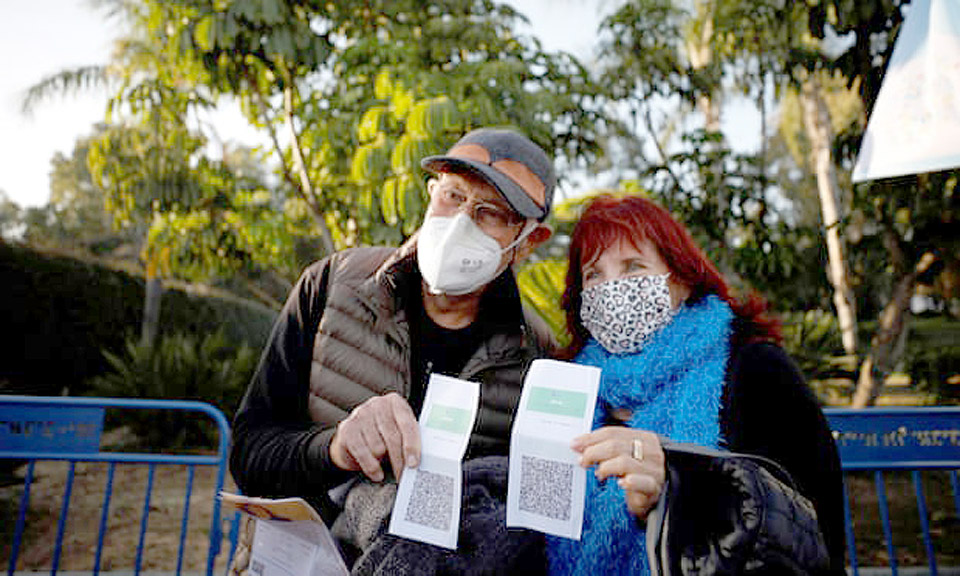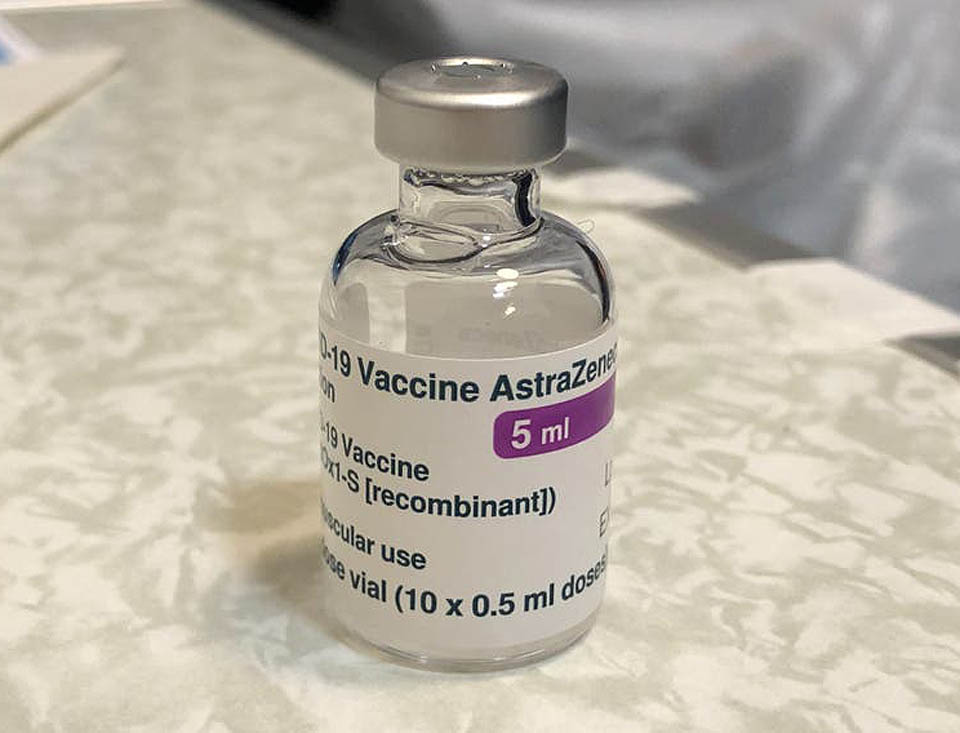
Those businesses in Pattaya still holding on, amid the near-total foreign tourism absenteeism, are being buoyed by suggestions of a vaccine passport which could bring back the missing millions. The Thai prime minister and the health minister have both indicated support in principle. The key model is Israel where the government is preparing to issue “green passports” for those who receive their second shot. Holders will have access to gyms, hotels, swimming pools, restaurants and bars.
Meanwhile, the international travel regulator IATA is working on launching the IATA travel pass, a digital platform (stored on phones) for passengers that allows them to share their vaccination results with airlines checking in. But it’s not just a question of getting vaccinated and being done with it. Normal life, or the new-normal, seems to be dependent on sharing medical records and ensuring compliance with a plethora of ever-changing rules. There is also a lot of chatter about travel bubbles once again which has been mooted time and again in Thailand, but failed as several local virus surges here and abroad have remained stubborn.

The scale of the problem facing Pattaya survival, not to mention Thai international tourism in general, is huge. During October to December last year, about 10,000 foreigners entered Thailand compared with 10 million for the corresponding period in 2019. Internationally, only about 100 million individuals have so far been vaccinated against a world population now nearing eight billion souls. And vaccine passports certainly have their critics in Thailand. Disease Control Director Opart Karnawinpong rejected them recently on the grounds that holders can transmit the virus to others even though they may be personally safe.
According to the Economist Intelligence Unit, most people in advanced economies will be vaccinated against Covid-19 by mid-2022. The timeline stretches out to early 2023 for middle-income countries including Thailand and as far as 2024 for poor ones. This stratification underscores the divide between vaccine access: rich countries like the US, Canada and some EU member states have procured multiple doses for each resident. In Thailand, a coordinated vaccination program hasn’t yet begun.
The ethical issues are also in the queue to be considered. Even if individuals consent to have their health data collected, stored and processed for digital health purposes, providers would still need to build data protection into the design of these technologies. There are already concerns that some governments would seek to gain access to personal data to restrict freedom of movement or even peaceful assembly. It needs a heavy dose of optimism to believe that governments worldwide won’t bend the rules to suit their surveillance purposes.

As regards the revival of mass tourism in Pattaya and other Thai resorts, we still have no idea what the access rules will be. Many are assuming airport arrivals will need only a passport, an air ticket and a vaccination certificate to travel here and avoid all quarantine restrictions. But is that really true? Thai authorities are committed to universal travel insurance for visitors but we still don’t know how that will affect flight costs or even when it will start. Many Thai travel companies are hoping to encourage international pensioner travel, but the elderly are commonly excluded from general health insurance policies.
At the moment, all wannabe visitors coming to Thailand need to obtain a certificate of entry from the Thai embassy in their home country. Although the required documentation varies according to the individual visa or travel pass, no Thai politician has yet stated that future entry will avoid detailed embassy involvement with all the delays and confusion unavoidable in any new mass market. Much water has to pass under the bridge before Pattaya’s entertainment industry can brush off the cobwebs and unchain the premises. Sadly, the light at the end of the tunnel isn’t round the next corner.





